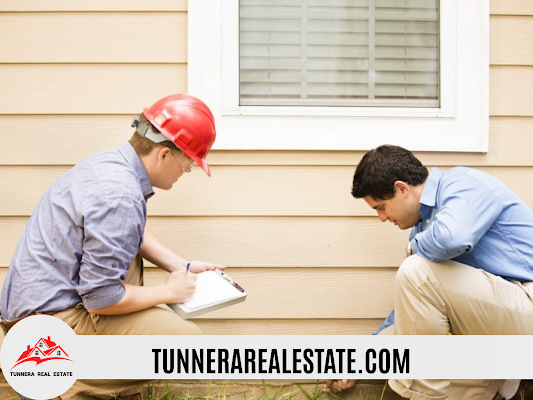Are you in the market for a new home? If so, there are a few things you’ll need to consider before making your purchase. Figuring out what’s important to you will help make the process easier and less stressful. Here are a few tips on how to go about buying a house.
Location
Buying a house is a big decision with many factors to consider. When you buy a house, it’s important to consider the location of the property because that will have an impact on your day-to-day life. For example, if you are looking for something near work or school, this may be more difficult than if you are looking for something in a rural area where there is less traffic and access to public transportation is limited
Size of the house
The size of the house is one important factor, as it will affect not only how much space you will have but also the cost of the mortgage and other associated expenses. Another important consideration is location – think about what kind of neighborhood you want to live in, and whether the house is close to schools, work, or other necessary amenities. You’ll also want to think about your lifestyle and needs – for example, if you have children or pets, you’ll need a house that can accommodate them comfortably. Finally, don’t forget to budget for repairs and renovations; even a brand new home will likely need some work done once you move in.
Price
Price is one of the most important aspects in determining how much you can afford on your monthly mortgage payments, and it’s also an indication of what type of neighborhood you will be living in. When looking at homes for sale, you should compare prices between similar houses so that you know what neighborhoods offer more affordable housing options and which neighborhoods have higher-priced houses.
You may also want to choose a house with renovations already done or one that needs work because this could save money on future repairs. The price does not dictate quality, but it does give some insight into the cost and upkeep required for homes in various locations around town.
Condition of the house
 The condition of the house is one such factor. A person should do their due diligence and inspect each room in the house for any wear and tear. This can be done by walking through each room with a contractor or home inspector who will point out any flaws that need attention or repair. If some rooms have been unused for an extended period of time it is best to seal them off so they don’t become infested with pests like termites or rodents which could destroy parts of the structure before you even move in. It’s also important to check all plumbing fixtures, including toilets and sinks, as well as electrical outlets to make sure they’re not leaking current into water sources; this can be a deadly combination.
The condition of the house is one such factor. A person should do their due diligence and inspect each room in the house for any wear and tear. This can be done by walking through each room with a contractor or home inspector who will point out any flaws that need attention or repair. If some rooms have been unused for an extended period of time it is best to seal them off so they don’t become infested with pests like termites or rodents which could destroy parts of the structure before you even move in. It’s also important to check all plumbing fixtures, including toilets and sinks, as well as electrical outlets to make sure they’re not leaking current into water sources; this can be a deadly combination.
The neighborhood
Another important factor to consider is the neighborhood. One wants to make sure that the neighbors are of a similar ilk and that the area is relatively safe. It’s also important to check out local amenities, such as grocery stores, hospitals, and schools. A person doesn’t want to move into a new house only to find out that the only grocery store within walking distance is a corner bodega that sells nothing but processed foods.
Cost of repairs/upkeep
It’s also important to take into account the cost of repairs and upkeep of the house. Some houses require more work than others, and some neighborhoods are just more expensive when it comes to things like property taxes and home insurance. It’s important to have a realistic idea of what the monthly costs are going to be, not just for the mortgage, but also for things like utilities, landscaping, and snow removal.
Mortgage terms
Buying a home is an investment and the mortgage terms are one of the biggest factors to consider. There are many different types of mortgages with varying interest rates, repayment periods, and down payment requirements. A fixed-rate mortgage will stay at the same interest rate for the entire term that you have it while a variable-rate mortgage may increase if market interest rates rise. You should also look into what type of prepayment penalties your lender has in place before deciding which type of loan to get. For example, some lenders charge higher fees if you make extra payments on your loan or pay off your principal early than others do so be sure to read all the fine print!
Closing costs
Another factor is the closing costs. These costs will be incurred when you purchase your new house and can vary depending on how much money you put to buy the home. Closing costs include things such as mortgage insurance (if applicable) lender’s title insurance, notary fees, recording fees, and prepaid interest if paying points at settlement or closing day.
In addition to the down payment, you should also factor in the closing costs. These costs can vary depending on your location, but typically include items such as mortgage insurance, lender’s title insurance, notary fees, recording fees, and prepaid interest. Be sure to budget for these expenses when buying a home! prepaid interest.
If you’re buying a home, be sure to budget for the down payment and the closing costs. These expenses can add up, so it’s important to plan. By knowing what to expect, you can avoid any surprises down the road. Tunnera Real Estate is here to help you every step of the way! Give us a call today!


